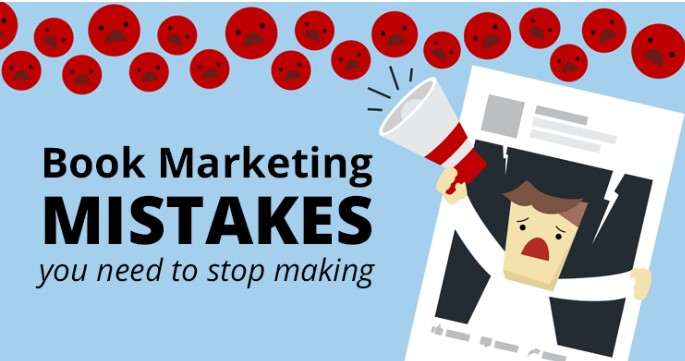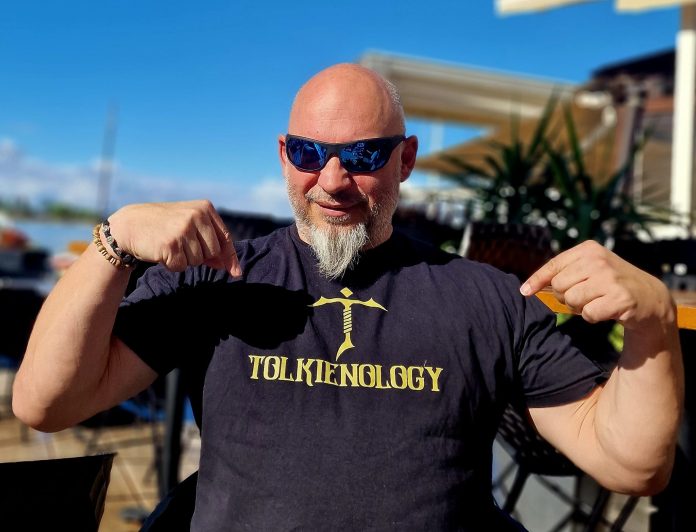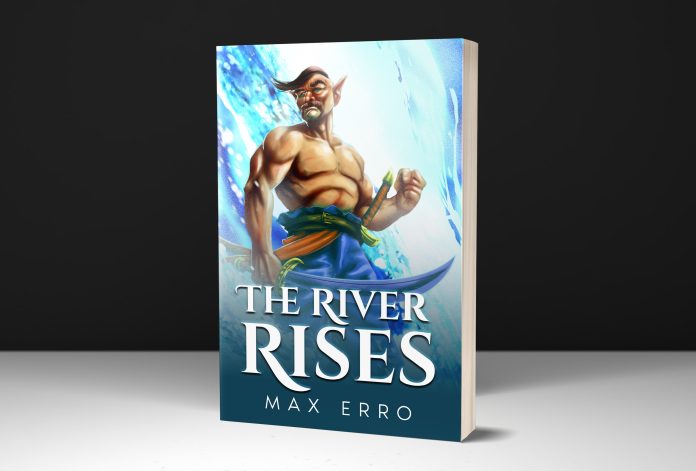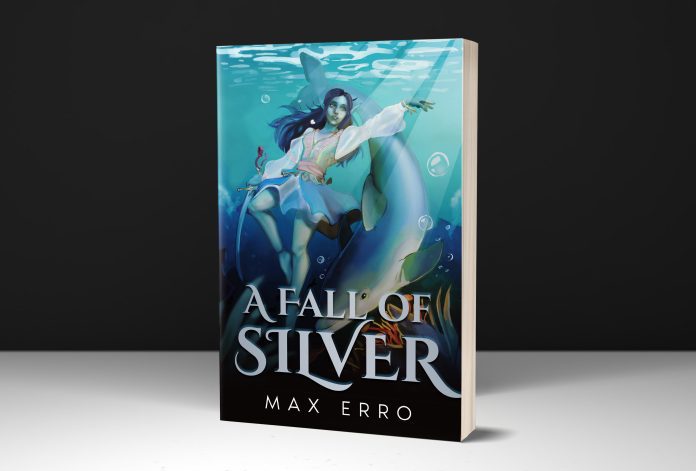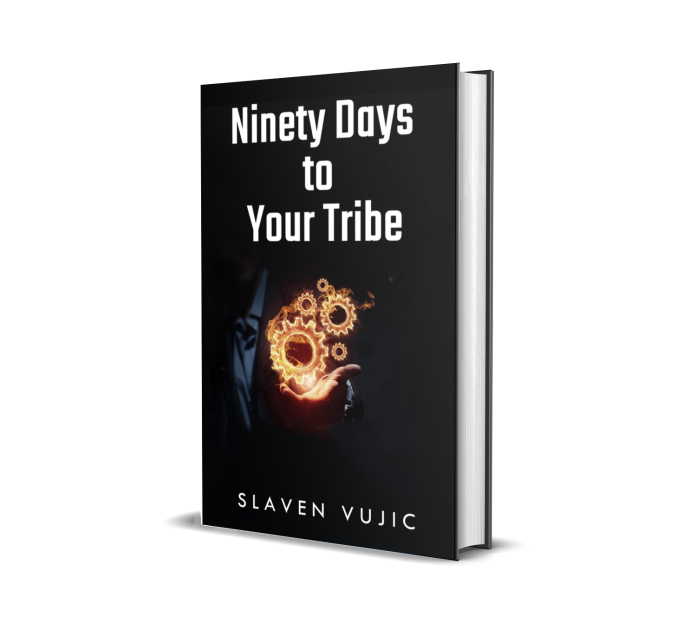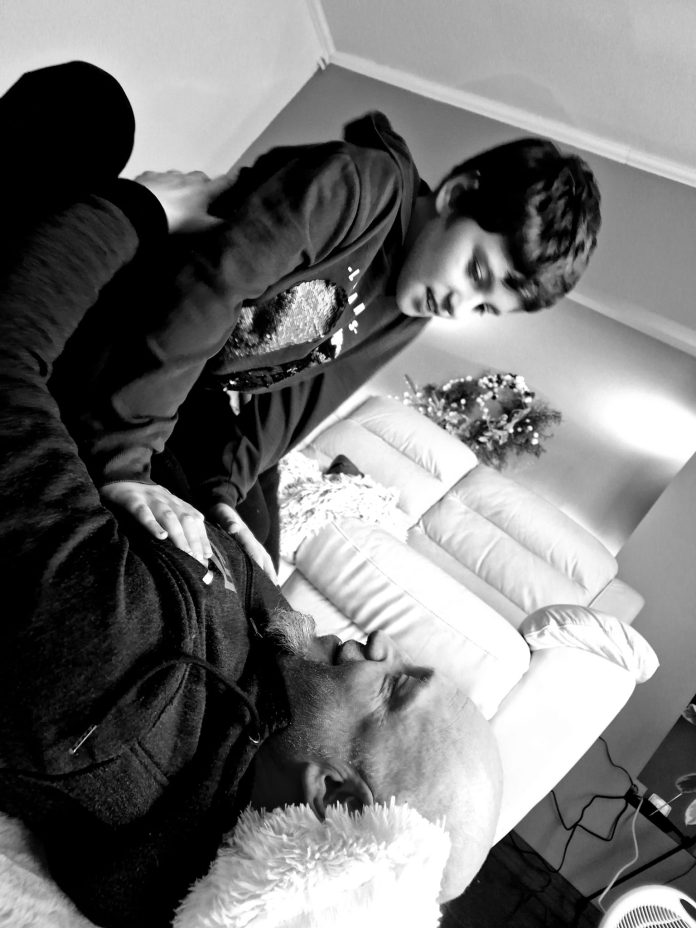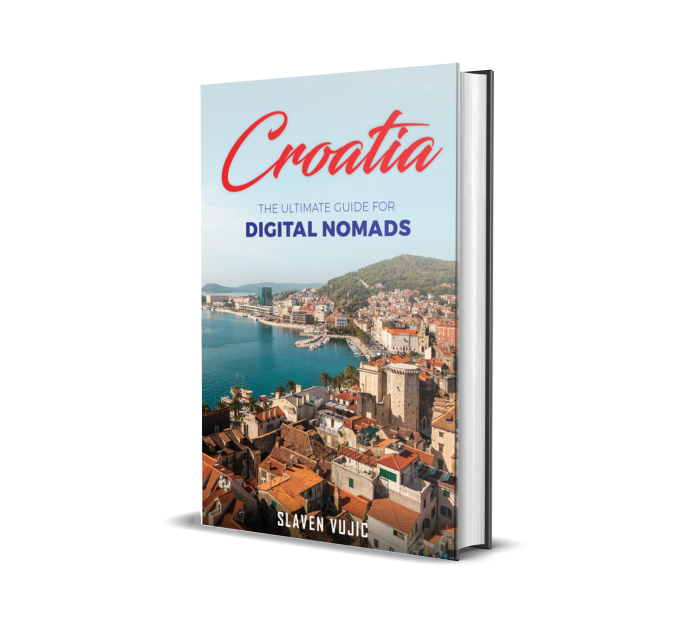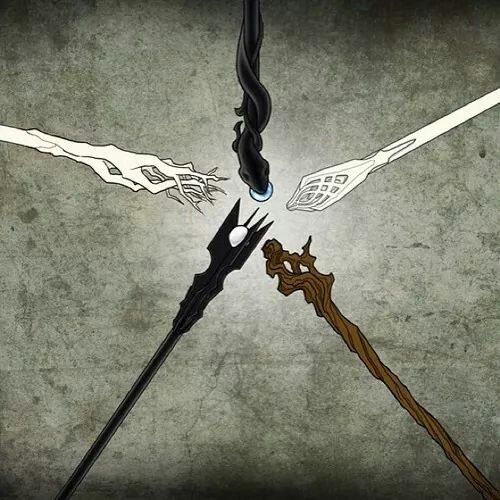Stop Press! Authors, you may just be making some big mistakes when it comes to marketing your books. We know that, as authors, you want to share your story with the whole world. But, sometimes, an author’s eagerness to share may just cost them. Below are our top ten marketing mistakes that authors make. Have a gander – are you guilty of any of them?
Taking a back-seat approach
Put simply, if you sit back and do nothing, don’t expect there to be a driver driving forward sales of your book. Books don’t sell themselves and, realistically for most of us, “sleeper hits” just aren’t something that’s achievable. If you don’t put in the hard graft and start doing some work on selling and marketing your book, then it simply will not sell. Books sell primarily through word of mouth, be that actual talking or through recommendations from other in other formats such as a web algorithm, on the radio or in a newspaper, to name a few. This is a conversation that needs to be started. And it needs to be started by you, the author, or it will never get off the ground.
Stop Making Sales Excuses
It’s the school holidays so parents are too busy to read.
Amazon has changed its search algorithms.
There’s been a difficult general election.
It’s summer time and the weather is too nice.
It’s Christmas.
The economy is doing well so people are doing more expensive activities than reading.
The economy is bad and so people can’t afford to buy books.
Ever uttered one of these excuses? I know I have! With these market “macro” effects, they are actually often a total illusion. I know that I am extremely sceptical about some of them! If you’re a relatively minor author, then these effects really should not be of concern. Sure, if you’re Penguin or Bloomsbury then you may need to worry a bit. But for a small-town writer, the biggest influence in your sales are the “micro” effects such as when you last published a book, or when you last advertised or promoted your work. These things have the biggest effect on your sales, not the fact that there’s been no rain for the last five weeks.
- Be Audience Perceptive
When you see a friend in Walmart, you wouldn’t greet them in the same way as if you were to talk with a stranger. The same must be said about the way you promote your book. It takes skill to judge an audience and get the tone right. Some audiences are friendly and warm, whilst others are colder and want to be impressed or blown away. Some audiences will be looking to buy, some just coming for a nose in what’s going on. In being able to judge your audience, you will learn best how to market to them. If an audience is colder, you shouldn’t approach it with a hard sell. An advert that’s softer can work better. Likewise, if someone has just subscribed to your mailing list, they probably don’t want to get inundated with emails asking them to buy your latest book. They may be wondering what it is that you can offer them.
- Advertising Platforms: They’re not all the same!
The way you approach different audiences should also be applied to different advertising platforms. Amazon and Facebook are both unique platforms and you will get the best sales from your books if you tweak your methods to make them more appropriate for each platform. You’ll climb up the ladder quicker if you work with the nuances of each platform rather than expecting all platforms to conform to your method of advertising.
- Being a little bit too “out there”
We’ve all heard the adage of “thinking outside the box” and we authors are always searching for new ways of bringing books to the market. Sometimes this can go too far the other way. The authors that are most successful focus primarily on producing good stories regularly and market them appropriately (which these days usually consists of book sites, emails and on Facebook). Go too far away from the norm and you might just miss that money that is inside the money box.
- Trying to be here, there and everywhere
It’s important to be good at marketing your books but that doesn’t mean that you need to do it on all platforms equally. If you’re awesome at Facebook Ads, then concentrate on that. You’ll be much better off sticking to one (or maybe two) platforms than trying to promote your books on ten different sites. As an author, you simply do not have the time to spread yourself thinly over all the platforms. Pick a focus and learn to master it. There will be time to learn the other ways later.
- Be logical, commercially speaking
You love your book. You’ve spent countless hours writing and re-writing it. It’s your literary baby. When it comes to marketing it and the business-side of things, it pays to be level-headed and not to get side-tracked trying to sell it. Don’t step out from your target market in the hope of drumming up sales. If you do, this could lead to confused “also bought” recommendations on Amazon and other sites. It can be a huge waste of money. Stick to what you know and stick to your guns about your target audience.
- Targeting Readers is about more than just advertisements
Put yourself in your reader’s shoes. Are you fun and quirky who writes satire? Or are you serious and factual and write historical novels? Whatever your style, your marketing and communication should reflect that at every given turn. When a customer buys a book, they are also buying a piece of the author to take home. Don’t disappoint them in your approach to advertising and marketing by making it vastly different to what they expect and have chosen to read. Your business emails and sign-up forms need to reflect your writing style and it needs to be seamless.
- We can’t all be the next J.K. Rowling
A lot of authors come about through chance and luck. Take J.K. Rowling: discovered, poor Edinburgh author, writing from a café to save on heating bills. We can’t all be the next big thing and nor should we expect to be. There are more than seven million Kindle books in the Kindle Store. Should we really expect that we are going to be discovered and have documentaries made of our lives and movies from our books. No, we shouldn’t. You need to make sure that those who do look at your books retain their focus. What will make them want to buy and subsequently read your book? Likewise, what will keep them engaged and wanting to buy our next book? Good aftercare is important for keeping audiences growing. Having a holistic approach to marketing can work in your favour.
- Non-stop Marketing
This may seem contradictory, but you can stop with the all-day, all night marketing strategies. Sure, I want you to market your books, but I don’t need to see marketing at every hour God sends. Your most powerful marketing tool is always going to be a new release and new releases are accompanied by marketing pushes. If you’re not ready for a new release then pushing your sales on Amazon a few days every month will do more good than if you were constantly at it, trying to drum up more sales. You can afford to coast some days and it will be more beneficial for your long-term marketing strategy than if you were constantly working on it.
So, there you have it! Which ones are you most guilty of? Let’s change the game together!

